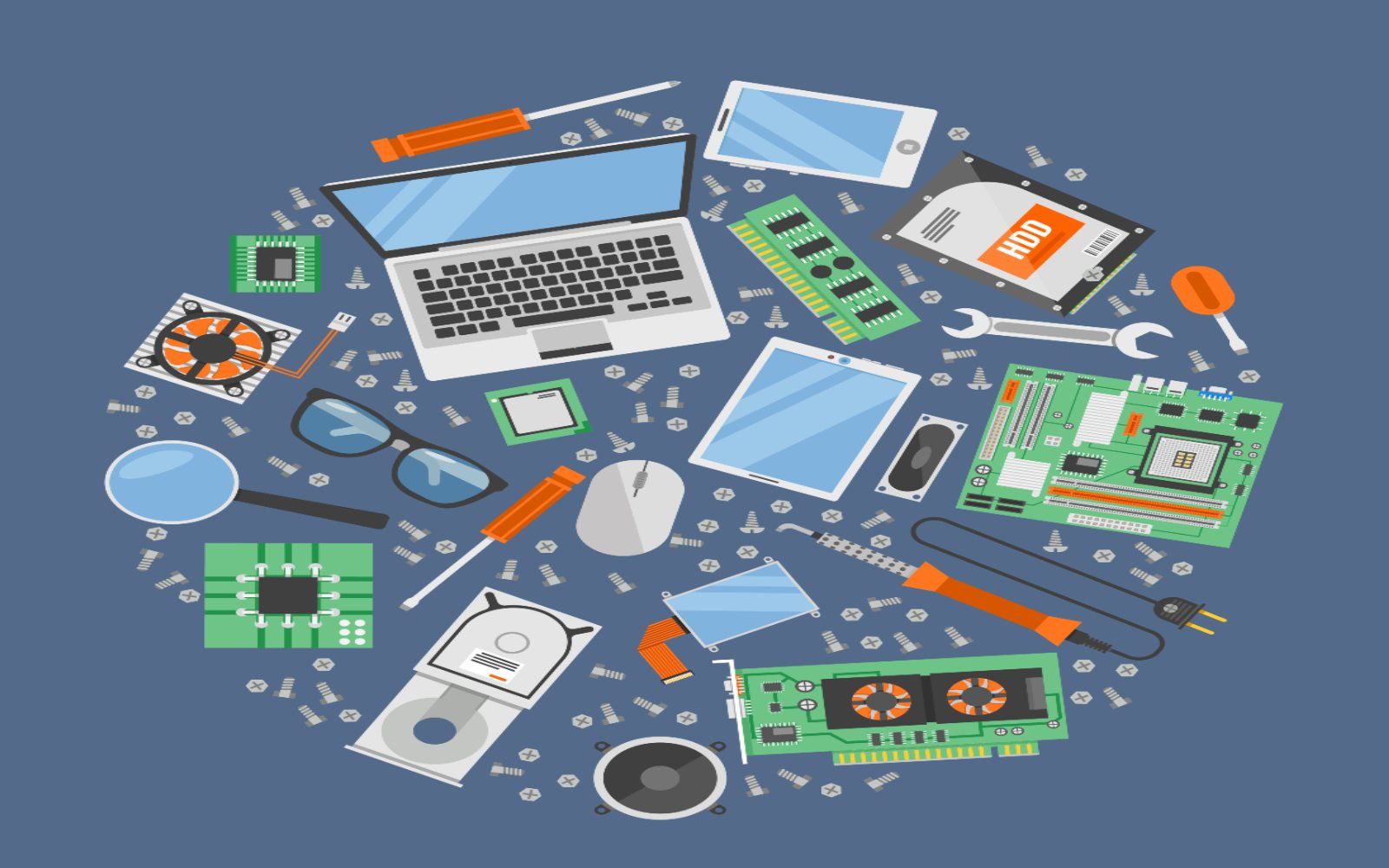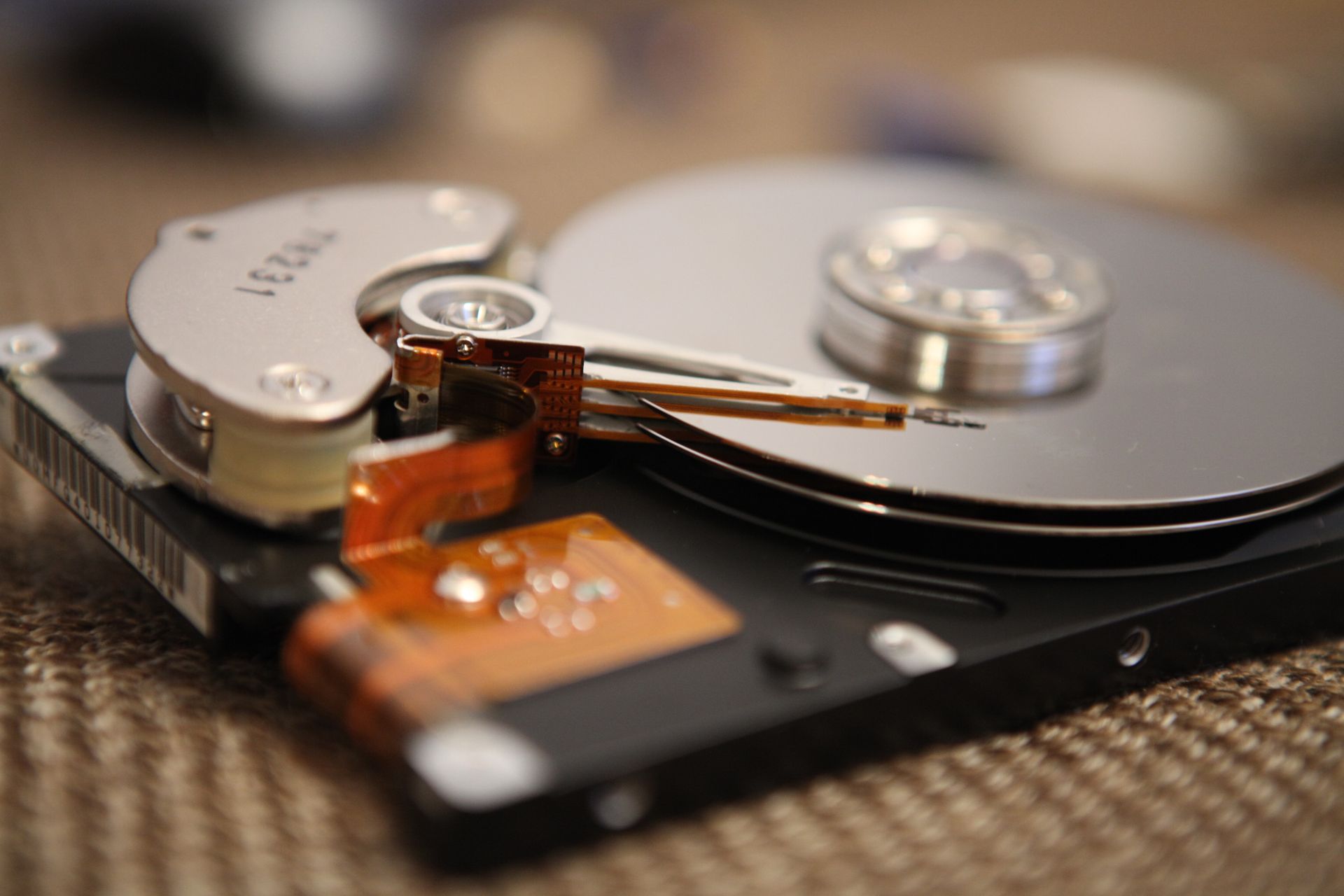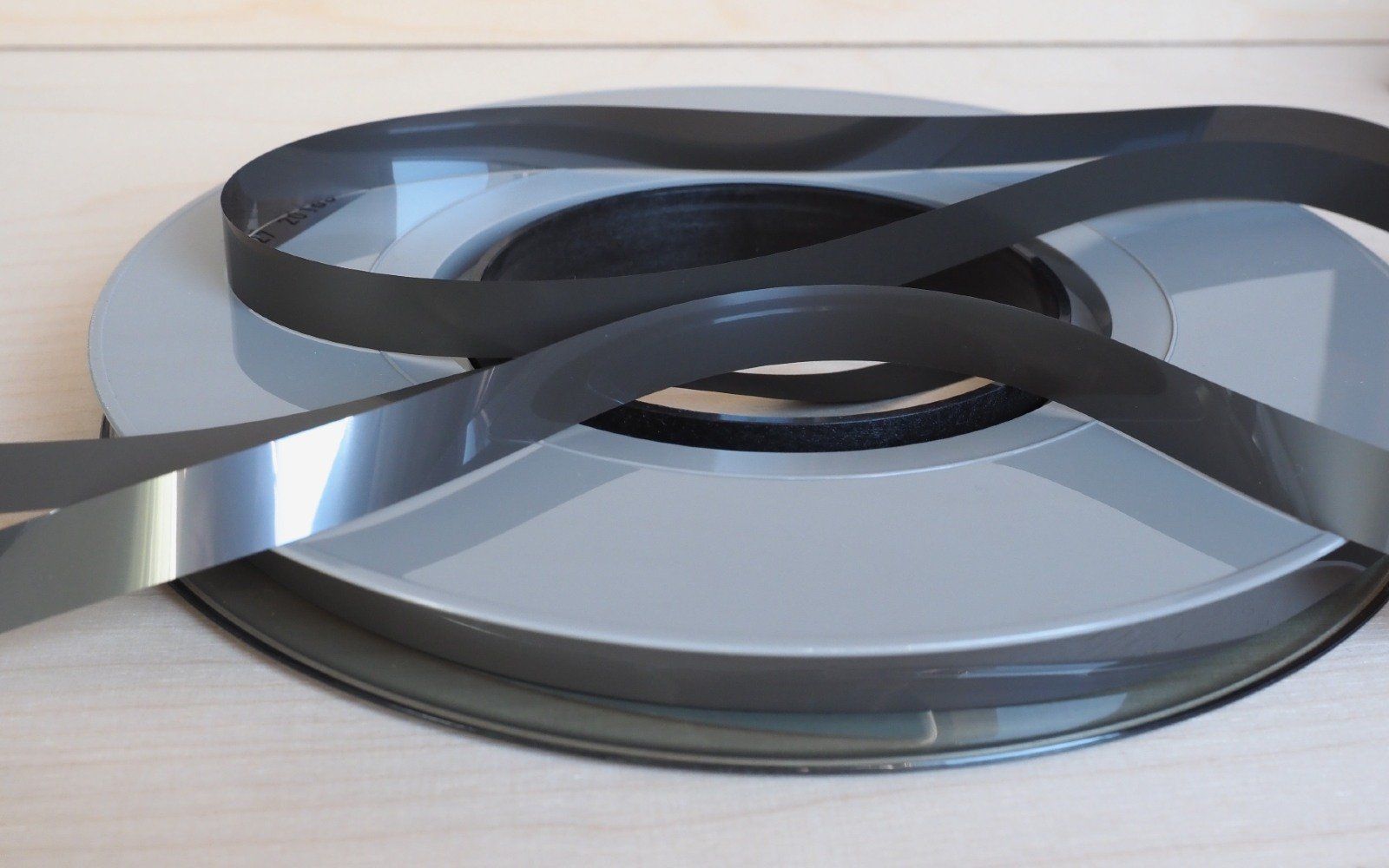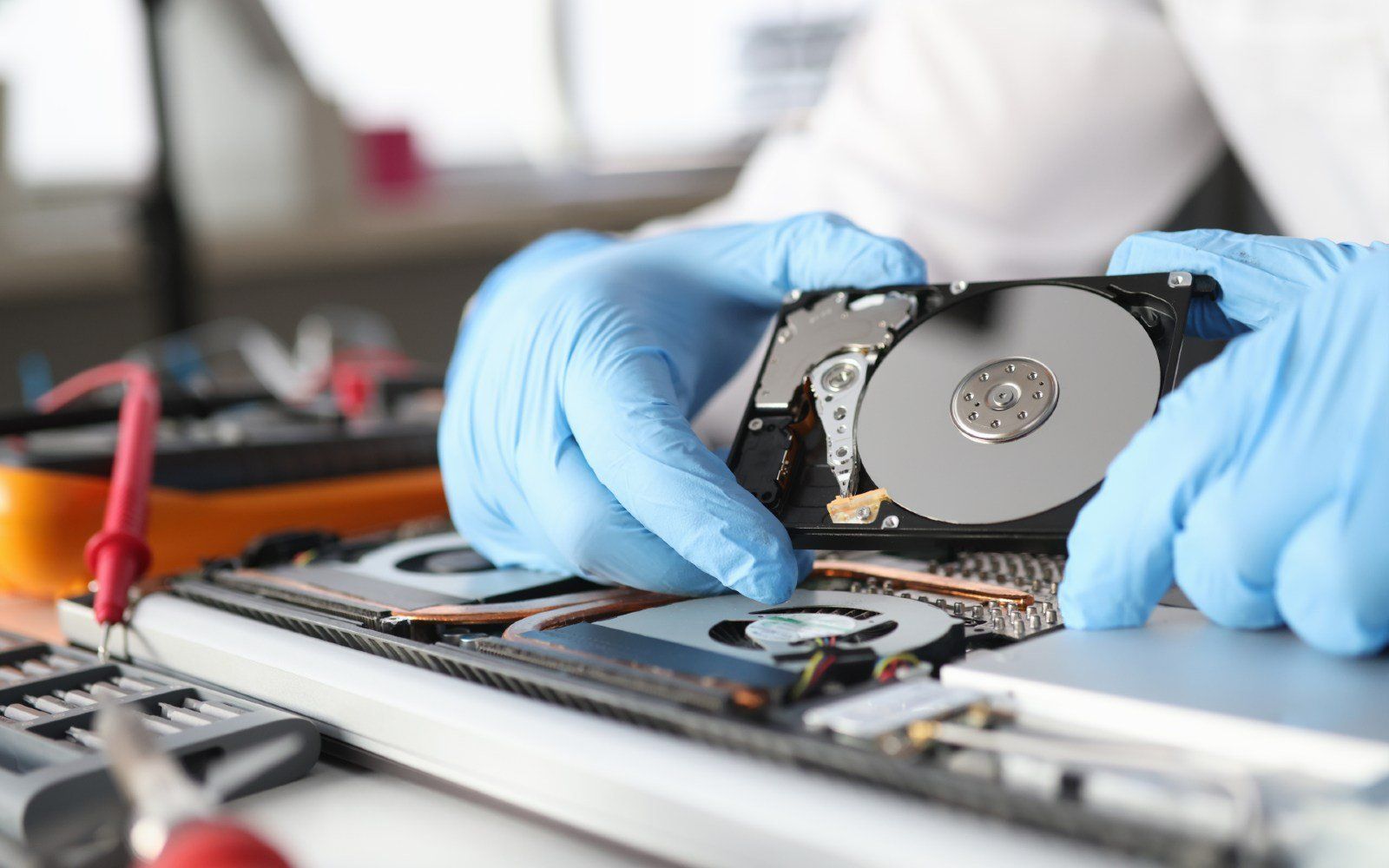Safe Computer Disposal Strategies that won't Break your ITAD Policies
ITAD and Computer Disposal - What you need to know!

Computer disposal and ITAD (Information Technology Asset Disposition) policies are important for businesses and organizations of all sizes.
These ITAD policies ensure that old or outdated technology is disposed of properly, protecting sensitive data and the environment. Not only is proper disposal of a computer environmentally friendly, it also ensures your company and its crucial data are protected as well.
There are several options available when it comes to computer disposal. One option is to simply throw the old computers in the trash. This is not a safe or environmentally friendly option, as it can lead to the release of toxic materials and the potential for sensitive data to be accessed.

Computer Recycling
Another option is to recycle the computers. Recycling your computer has many benefits, like recovering reusable materials that can be used in manufacturing. Repurposing existing components to extend the lifespan of other computing systems. Recycling is a better option, as it ensures that the toxic materials are disposed of properly and that the valuable materials in the computer, such as metals and plastics, can be reused.
In a corporate environment, computer recycling services are the safest and most cost effective way to go. Many municipalities also have programs in place for the recycling of Consumer electronic waste.
Donation is also a great option. Not only does donating computers to a good cause help those in need, its also a key trait of a responsible corporate citizen. Donating computers to schools, non-profits, or other organizations that can make use of them not only feels good, it also helps to extend the useful life of computers and keep them out of landfills.
This is a good option for organizations that have a lot of older computers that are still in working condition, however it's best to use an Equipment Recycling and Disposal company to facilitate your donations. These professionals will ensure that the data on the computers is securely destroyed, and the computers are in good working condition for the next user.
Some Equipment Lifecycle Management providers will offer to recondition and sell your equipment and donate the proceeds to the charity of your choice. This is also a great way to extend the useful life of your corporate computers, as well as enjoy the tax benefits of making a charitable donation with the proceeds.
ITAD Policies are Important for Businesses
ITAD policies are important for businesses and organizations because they ensure that the disposal of electronic equipment is done in a safe and responsible manner. They are important from a financial perspective as well as a corporate and security perspective. These ITAD policies typically include guidelines for the safe disposal of electronic equipment, as well as procedures for wiping or destroying sensitive data from the equipment before it is disposed of. Your Equipment Lifecycle Management provider will track all of the asset tags, location ID's and Serial numbers associated with your disposal. They should produce a certificate of disposal which your IT department can use to remove assets from active service. Finance will use the same asset disposal certificate to ensure all assets have been written off and no longer appear on the books. If your ITAD provider sold your equipment and funded a donation of any kind, finance will also need to know, so they can apply for tax credits.
Implementing ITAD policies can be a complex process, and businesses and organizations may choose to work with an ITAD vendor that specializes in the disposal of electronic equipment. These vendors can provide guidance on developing ITAD policies, as well as the necessary equipment and software for wiping or destroying data.
ITAD policies are important for protecting sensitive data and the environment. Businesses and organizations have several options for disposing of old or outdated technology, including recycling, donation, and working with ITAD vendors.





